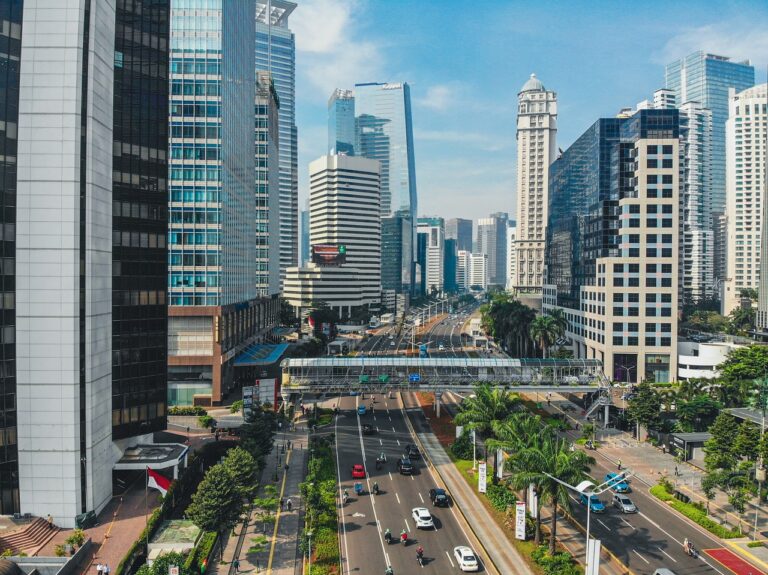The Impact of Urbanization on Agriculture: Sky247 login, 11x play, Play99exch com login password
sky247 login, 11x play, play99exch com login password: Urbanization has been a defining feature of the modern world, with more and more people moving to cities in search of better opportunities and a higher quality of life. While cities offer a range of benefits, such as access to healthcare, education, and employment, the rapid pace of urbanization has had a significant impact on agriculture.
As urban populations continue to grow, the demand for food has also increased. This has put pressure on agricultural land, leading to its conversion for urban development purposes. As a result, farmland is shrinking, and farmers are being pushed to the outskirts of cities or even further into rural areas. This trend has several implications for agriculture and food security.
One of the most significant impacts of urbanization on agriculture is the loss of fertile land. As cities expand, they encroach on agricultural land, reducing the area available for farming. This loss of land not only affects the quantity of food that can be produced but also the quality. Fertile soil is essential for growing healthy crops, and once it is lost to urbanization, it is challenging to reclaim.
In addition to the loss of land, urbanization also brings other challenges for farmers. Urban areas generate a significant amount of waste, including plastic, chemicals, and other pollutants. These can contaminate the soil and water sources, making them unsuitable for agriculture. Farmers may also face increased competition for resources such as water and labor, as urban populations grow and demand for these resources rises.
Furthermore, the increasing urbanization has led to changes in consumer preferences and demand for food. Urban consumers often prefer processed and packaged foods over fresh produce, leading to a shift in the types of crops grown and the farming practices used. This can have a detrimental impact on the environment and the nutritional value of the food produced.
Despite these challenges, there are also opportunities for agriculture in urban areas. Urban farming, such as rooftop gardens, community gardens, and vertical farming, has become increasingly popular in recent years. These practices can help to increase food security, reduce food miles, and provide employment opportunities for urban residents.
In conclusion, the impact of urbanization on agriculture is significant and multifaceted. While it presents challenges for farmers and food security, it also opens up new possibilities for sustainable agriculture in urban areas. By recognizing these challenges and opportunities, we can work towards building a more resilient and sustainable food system for the future.
—
**Heading 1**: The Loss of Fertile Land
**Heading 2**: Challenges for Farmers
**Heading 3**: Pollution and Contamination
**Heading 4**: Competition for Resources
**Heading 5**: Changing Consumer Preferences
**Heading 6**: Opportunities for Urban Agriculture
**Heading 7**: Urban Farming Practices
**Heading 8**: Conclusion
**FAQs**
**Q**: How can urbanization affect food security?
**A**: Urbanization can affect food security by reducing the amount of agricultural land available for farming, increasing competition for resources, and changing consumer preferences.
**Q**: What are some opportunities for agriculture in urban areas?
**A**: Urban farming practices such as rooftop gardens, community gardens, and vertical farming offer opportunities for sustainable agriculture in urban areas.







